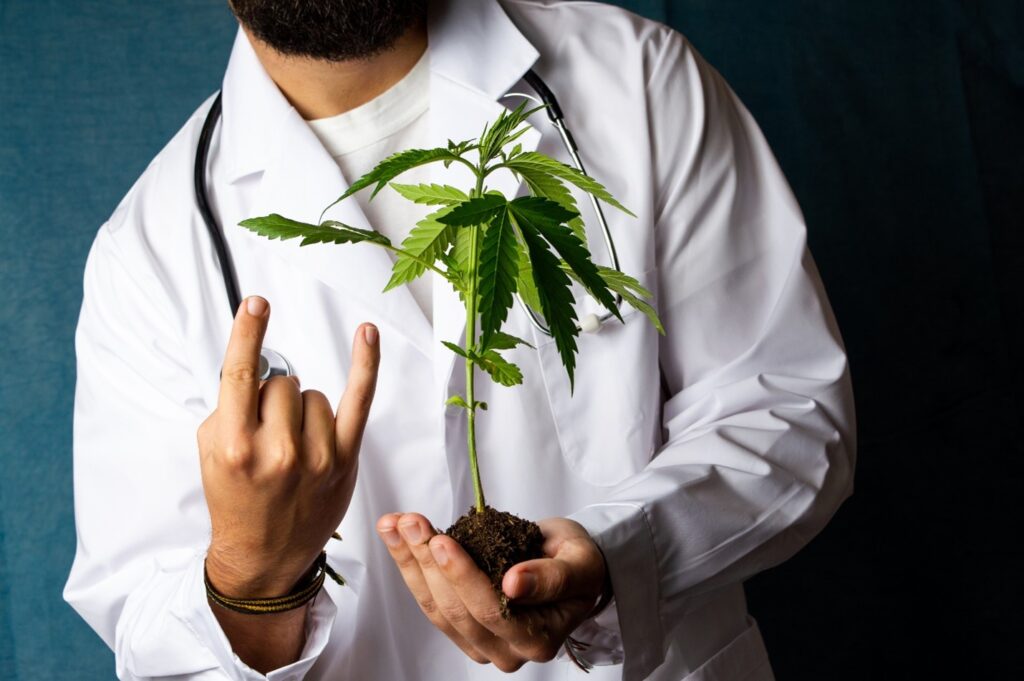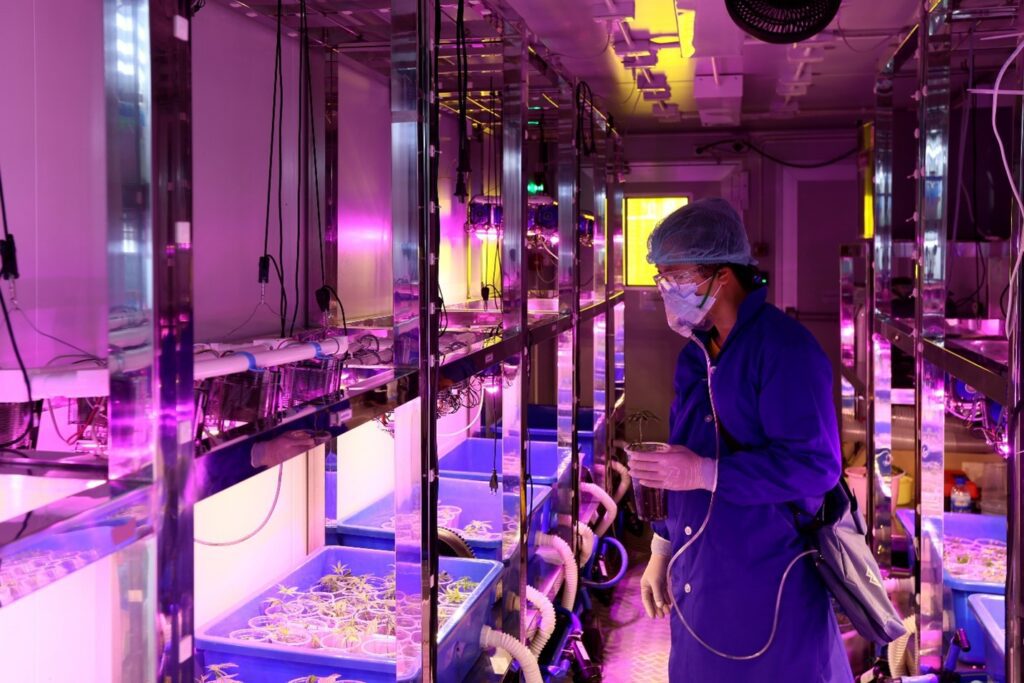
By Katie Luther
Christian Action League
May 12, 2023
On March 1, 2023, the North Carolina Senate passed SB3, the so-called Compassionate Care Act, a measure to legalize so-called “medical marijuana” in the Tar Heel State. The bill is being opposed by a growing coalition of opponents including the North Carolina Faith and Freedom Coalition, Smart Approaches to Marijuana: North Carolina (SAM Action NC), the North Carolina Troopers Association, the North Carolina Family Policy Council, and the Christian Action League (CAL), and a host of concerned parents and citizens across the state.
But is “medical marijuana” really medical? For that matter, is it really compassionate? Not so much on either count when one examines the outcomes in other states who legalized it for those purposes and have subsequently embraced its full recreational use.
We are assured that medical marijuana enjoys public support. But does the public really know what it’s getting? Lavish promises made by the marijuana industry and their army of lobbyists abound. It is touted as a treatment for just about every malady from Cancer to Chron’s Disease.
Of course, many of the people supporting medical marijuana legislation do so only with the caveat that a doctor must prescribe it. However, smoked cannabis is not approved by the FDA as a medication, thus no doctor can prescribe it. They can only “recommend” it and no dosage is given for such recommendations. It can only be bought at a dispensary, not a pharmacy. “It is an end-run around every modern standard for medicine,” said Rev. Mark Creech, executive director of the Christian Action League.
Again, marijuana is not medicine. It cannot claim the endorsement or recommendation of any major medical organization or health association in the country. The research is insufficient to show marijuana’s long-term effects or prove its efficacy in alleviating any of the various medical conditions it is purported to relieve. Nor can any patient be assured it will not interact negatively with other medications.
As other states have demonstrated, the adoption of medical marijuana is the proverbial “gateway” that inevitably leads to legalized recreational use.
Richard Cowan, former director of the pro-legalization advocacy group National Organization for the Reform of Marijuana Laws (NORML) openly acknowledges as much. “Once there’s medical access, if we continue to do what we have to do…then we’ll get full legalization.”
Big Marijuana, like Big Tobacco, is built on addiction. As such, it has been careful to cultivate positive associations with the drug in the public perception, thus preparing the field for future profit.
According to Rev. Creech, this is a “ruse by the very lucrative marijuana industry to provide it legitimacy, making it appear as an angel of light so it will be accepted recreationally.” SAM reminds people that many licensed marijuana companies in “medical marijuana states” are also licensed to sell recreational marijuana in states where it is fully legal, giving these companies “a hand in both markets.”

“Across the country, states that have opened the door to Big Marijuana have seen negative effects on public safety, mental health, and young people,” said SAM Action Executive Vice President Luke Niforatos. “Youth use, cannabis-use disorder, drugged-driving fatalities, emergency room visits, and the illicit market have all proven to get worse when legislators bow to industry lobbyists. The states may change but the industry’s lies remain the same.”
Ben Kral of the North Carolina Troopers Association also gives a tragic report. “The data are coming in from across the country and impaired driving is claiming lives constantly. A nationwide report issued last year found that 40 percent of driver fatalities who were tested for drugs had some form of marijuana in their system. In Colorado, drugged driving deaths have more than doubled in recent years.”
Kevin Sabat, a former senior drug policy advisor and current president of SAM, cites grim statistics regarding rising marijuana usage and its effects in a piece written for Newsweek entitled After a Decade, Marijuana Legalization Is Not Going Well.
In 2021, for example, Sabet reports marijuana related emergency department visits increased 75% from 2011, the year before Colorado became the first state to legalize the substance. Users were 22% more likely to be hospitalized than non-users (for any reason) and there was a 1375% increase in at-home marijuana exposures involving children under twelve. In Michigan, the proportion of fatal crashes involving marijuana more than tripled.
Sabat also writes that, “the marijuana industry, which has spent billions lobbying elected officials and bankrolling legalization referendum campaigns, has genetically engineered its products to provide users with a higher “high” for “higher profits.” In other words, today’s marijuana is a far more concentrated drug than that of previous decades.
“Some,” Sabat adds, “voted for legalization on the assumption that the legal marijuana industry would displace the illicit market. That hasn’t happened either.” Legalization has only increased and expanded it.
North Carolina’s adoption of medical marijuana legislation would be the proverbial deal with the devil, and, as the old fables warn us, such a deal can never end well.
